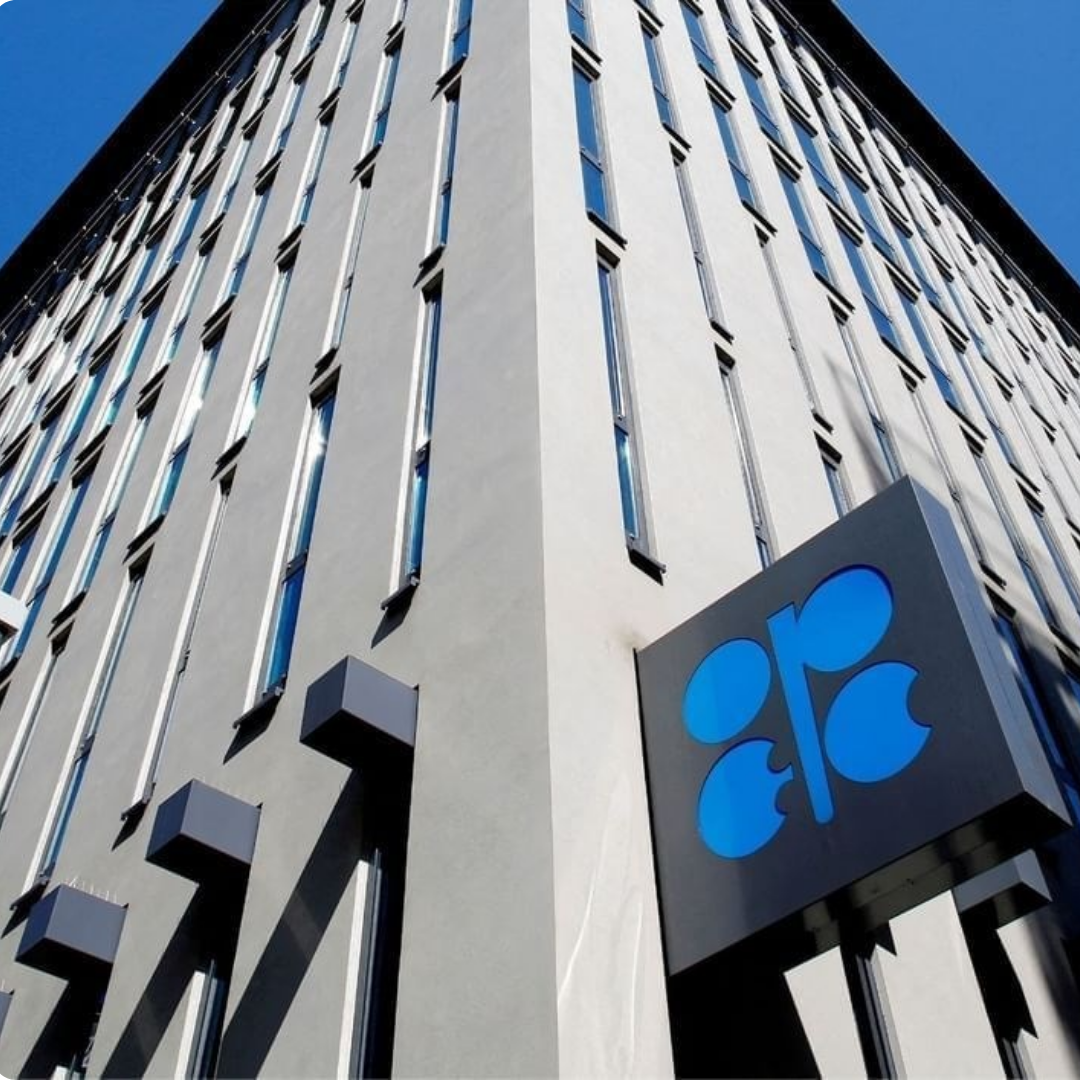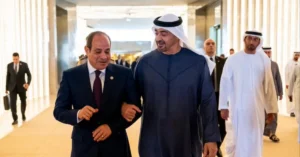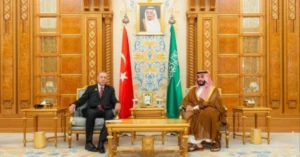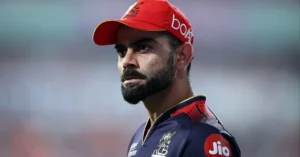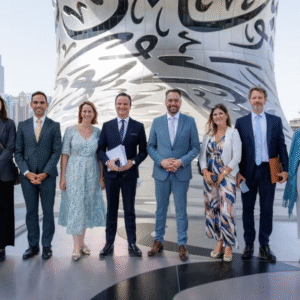In a world where oil once ruled the economic throne, the UAE is rewriting its playbook—and OPEC is here to vouch for it. In its latest Monthly Oil Market Report, OPEC didn’t just talk crude. Instead, it spotlighted the UAE’s bold, barrel-busting sprint into a diversified economic future, where innovation, tourism, and tech are the new heavyweights.
At the heart of this evolution is Operation 300bn, the UAE’s mega-mission to transform its industrial landscape. The goal? Pump up the manufacturing sector, tap into global markets, and pull in foreign investment like never before. But this isn’t just about factories and exports. It’s about engineering an entire ecosystem where artificial intelligence, fintech, green energy, and creative industries don’t just exist—they thrive.
According to the report, both Abu Dhabi and Dubai are throwing their full support behind this economic metamorphosis. From policies that stimulate scientific innovation to infrastructure that attracts digital nomads and techpreneurs, the UAE is giving its future economy a turbo boost. It’s not just talk either—the performance metrics back it up. The Purchasing Managers’ Index (PMI), a key economic health indicator, held strong at 54 in March, showing consistent growth across non-oil sectors including finance, construction, and the ever-buzzing tourism industry.
And while OPEC adjusted its global oil demand growth forecast slightly downward for 2025 and 2026, the UAE isn’t sweating it. Because here’s the kicker: while others are fretting about barrels, the UAE is building a future beyond them. In Fujairah, oil stocks may be up, but the headlines are increasingly about smart cities, digital wallets, and solar grids.
Bottom line? The sands of the UAE are shifting—from oil-rich dunes to innovation-rich skylines. And if this report is anything to go by, the country isn’t just diversifying. It’s disrupting, redefining, and downright dominating the new economic narrative of the Middle East.

